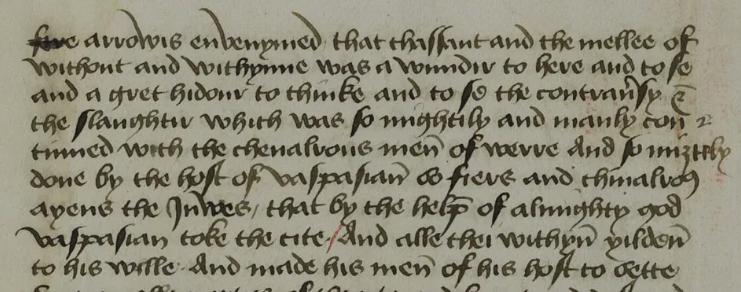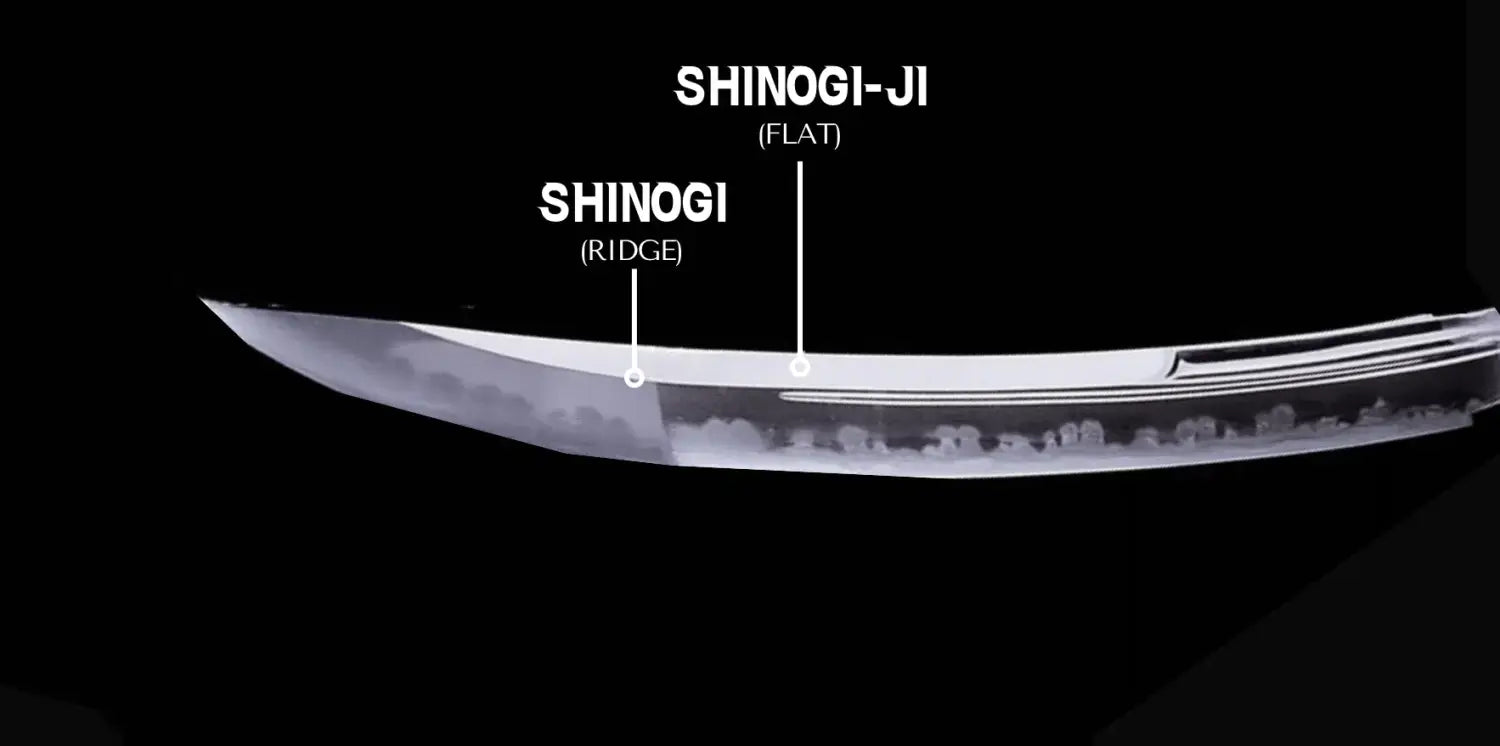None of the online translators can do anything with it. I've enhanced it as well as I can, but it's very old, faded, and difficult to photograph.

None of the online translators can do anything with it. I've enhanced it as well as I can, but it's very old, faded, and difficult to photograph.

My brother-in-law is fluent in Japanese, and he can't read it. He showed it to three native speakers, they can't read it either. They all think it's a sword case. He said the one thing that they can read is the year. 1668. I asked for verification on that year because it seems incredible.
Did they even use Western year dating in the 1600s?
I thought even up until recently they used the year of reign of whoever was their emperor at the time.
The sword belongs to my father and he has a connection at Toyota (TMM). I knew he had attempted to have it translated years ago. I called Dad after Dr. Boost's comment to tell him and asked what the guy at Toyota said. The only thing he was able to read was the date and Dad remembered it as "1650 something". He couldn't remember, but said "that sounds right" when I passed along 1668. So now we have two independent sources that arrived at the same date. How, I don't know. I also assumed they would have used dynasty dates or something since the writing is apparently old and obsolete.
Please keep us in the loop. The fact that multiple native speakers can't read it, and the fact that it almost predates my last good workout in the gym is intriguing.
llysgennad said:Seriously though, a university or museum is probably your best chance.
Or Antiques Roadshow.
If it's genuine, I'd be worried about the Ministry of Culture finding out. A real *new* Japanese-smithed sword of any type is 5-6 figures, an older one is even more and the Japanese authorities are very keen on keeping Japanese historical items inside Japan.
Source: someone who traveled to Japan some years ago and learned how to make them in the old style, starting from tamahagane, from a master.
DrBoost said:Please keep us in the loop. The fact that multiple native speakers can't read it, and the fact that it almost predates my last good workout in the gym is intriguing.
If it is as old as we're suspecting, the characters and how they're drawn would be different. Many characters have morphed over time, much like English. It wasn't that long ago that our "S" looked more like a cursive f, not to mention that cursive is disappearing altogether.
Many Asian written languages use subtle differences to imply different feelings or intents, much like we do in English. If you read "I'm gonna slap you :D" it has a very different tone than "I'M GOING TO F'ING SLAP YOU!"
Take this example below. I can read most of the words, but I have to really look at some of them before I can figure them out.

SV reX said:OLDYLR said:Have Rick at Pawn stars bring in a friend
He'll say it's worth $12
Best Rick can do is $4
In reply to Steve_Jones :
Both are true.
Rick will say it's worth $12, but the best he can do is $4.
In reply to 914Driver :
Sure. It has some dings and appears to be missing some small parts and tinkered on, which is understandable considering the age. I would describe myself in the same way and I was made in the mid 1970s.

And another of the text:

Wait, is this the first time that the board is stumped and unable to solve the problem within 24 hours????
1.) Is there any writing on the tang? The handle under the leather wrap.
2.) Looking at the blade from the side, is the metal all one color or is there a light to dark line?
Under the grip should be the owner's name and sword's history.
The blade should have temper lines. Very strong steel is also brittle, so they forge hard flat stock, then wrap it around softer steel to give flexibility. The temper line is either dead straight, curly topped like ocean waves or hit & miss light-dark called (in Japanese) Clouds & Rain. Thought to be Japanese for orgasm.

Apis, just so you know, I was a Tech in a metallography lab for 5 years doing failure analysis, I'm not a crazy Jap-ophile.
Katanas (big blade) and Wakazashi (smaller one) were forged, tempered and sharpened by priests. They would quench the hot blade in virgins' urine; think salt quench of today. Or they would line 5 prisoners up front to back and bury the blade through them and leave it until cool.
Call me a weirdo, but I found all this and a very organized society fascinating at a time when we were barely throwing rocks at each other.
Dan
You'll need to log in to post.